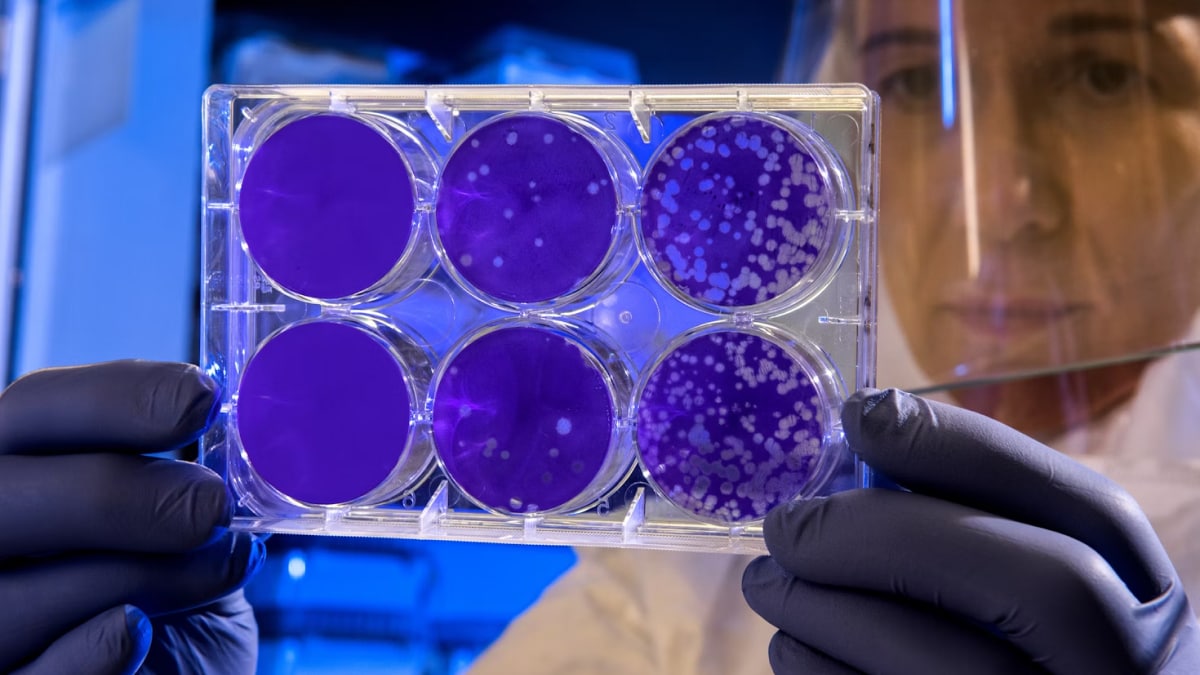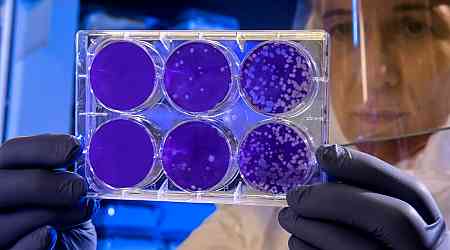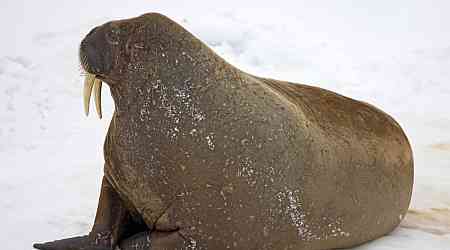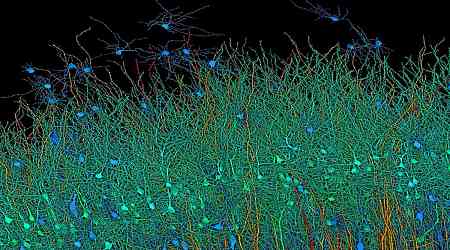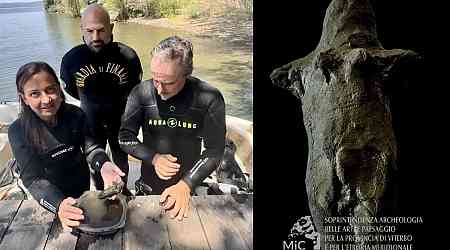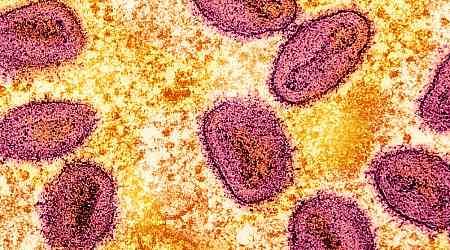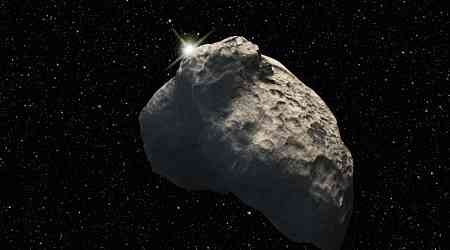New research suggests that climate change could lead to prokaryotes, the oldest and smallest microorganisms on Earth, becoming more dominant in the oceans. These tiny organisms, including bacteria and archaea, have existed for billions of years and are essential for maintaining marine ecosystems. They play a key role in nutrient cycles and support the food chain for various marine species. However, their increased presence due to warming oceans could disrupt the balance of marine environments and impact global food supplies.
Prokaryotes and Their Role
Prokaryotes are incredibly abundant in marine environments, making up about 30 percent of ocean life, the research stated. Despite their small size, they have a significant impact on oceanic nutrient cycling and food chains. They grow rapidly and produce a substantial amount of carbon—approximately 20 billion tonnes annually, which is double the carbon output of humans. Phytoplankton, another crucial marine microorganism, helps counterbalance this by absorbing carbon dioxide through photosynthesis, contributing to global carbon cycling.
Effects of Ocean Warming
Computer models predict that as ocean temperatures rise, prokaryotes will become increasingly dominant compared to larger marine organisms like fish and plankton. For each degree of warming, the biomass of prokaryotes may decrease by about 1.5 percent, while larger organisms could see a decline of 3-5 percent. This shift could result in a reduction of overall marine biomass, affecting the availability of fish and other resources that are vital for human consumption.
Future Considerations
The increased activity of prokaryotes could lead to higher carbon emissions from the oceans, complicating efforts to achieve global carbon reduction targets. Additionally, the projected decline in fish stocks could significantly impact food security, as the oceans are a major protein source for about 3 billion people. Understanding these changes is crucial for developing effective strategies to manage marine ecosystems and mitigate the effects of climate change. Continued research is necessary to adapt to these evolving challenges and ensure the sustainability of ocean resources.


















